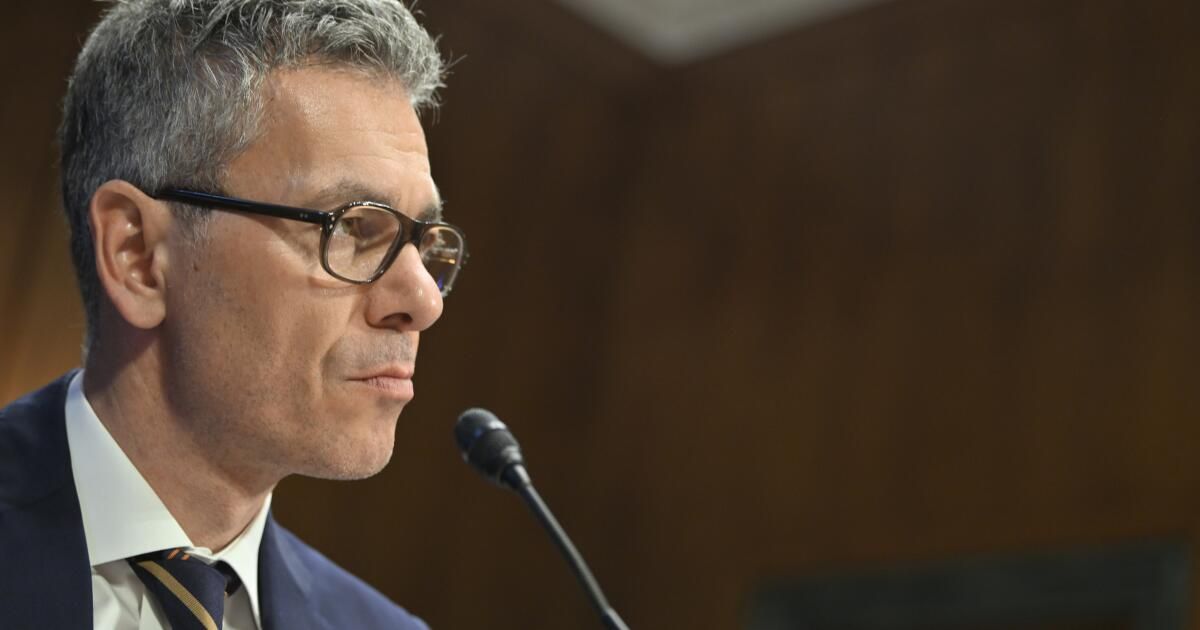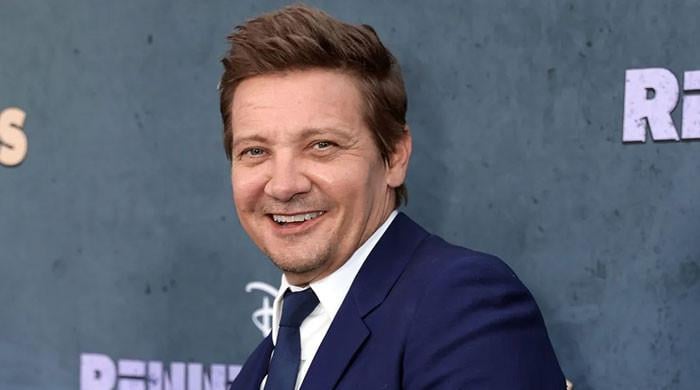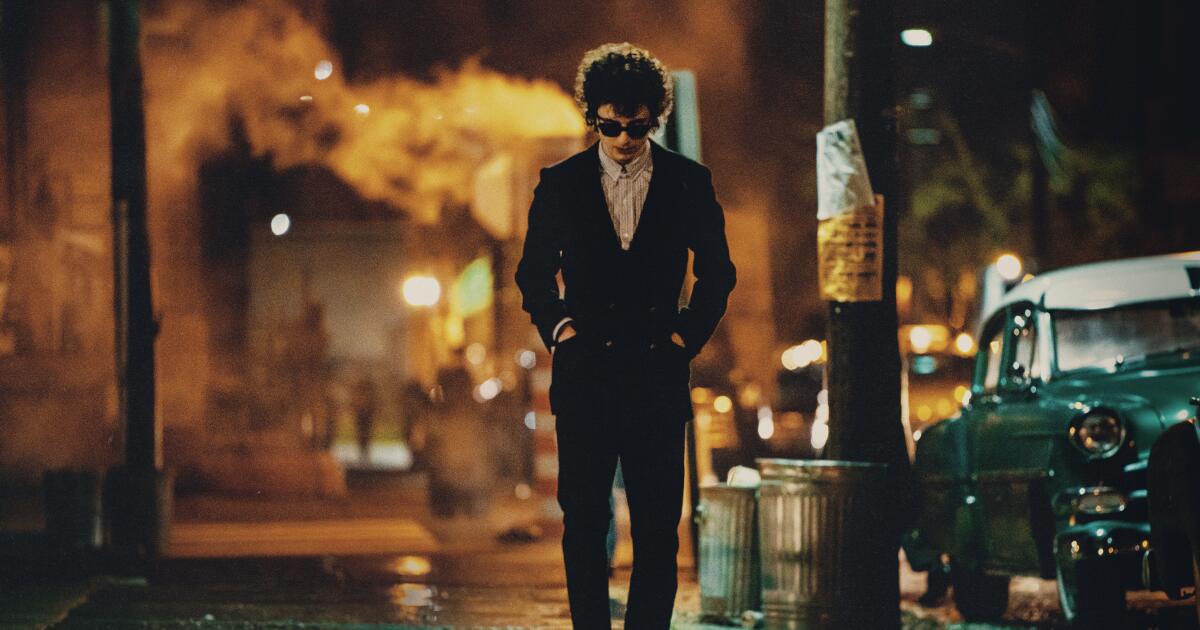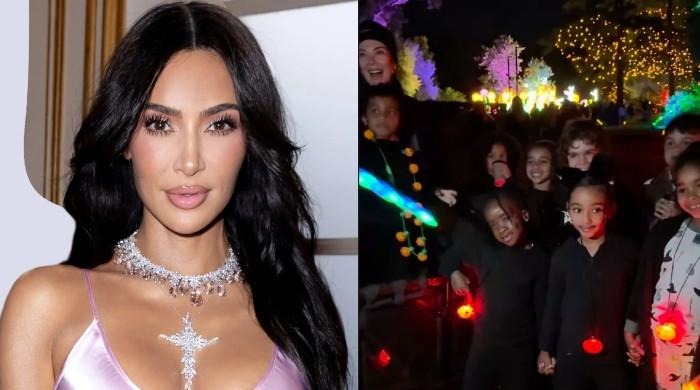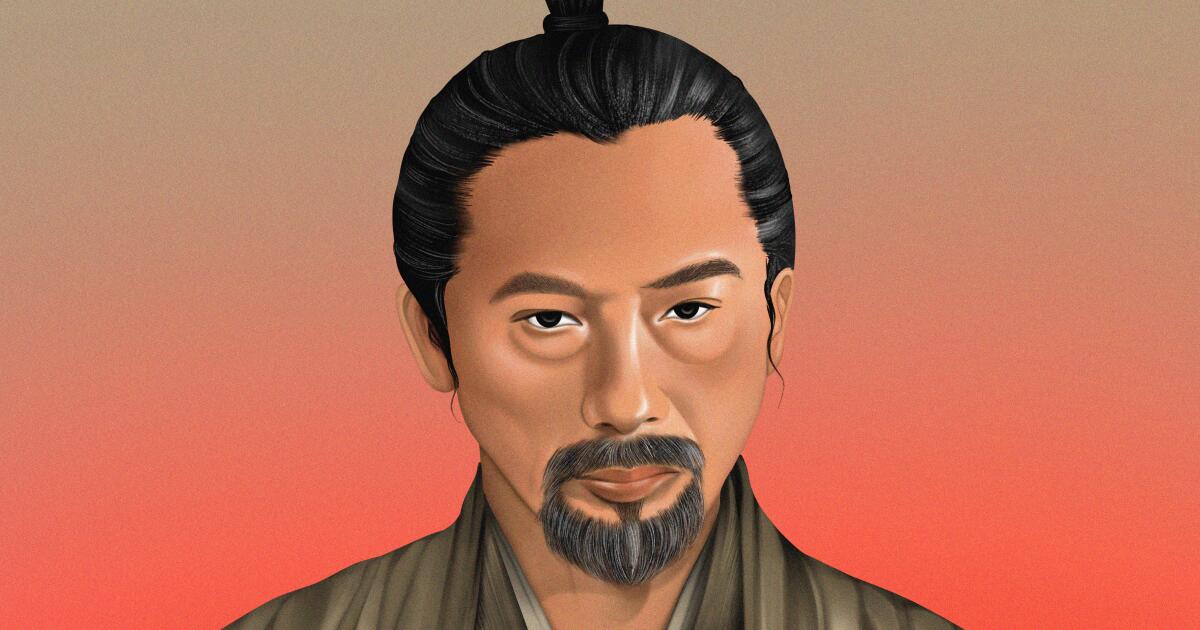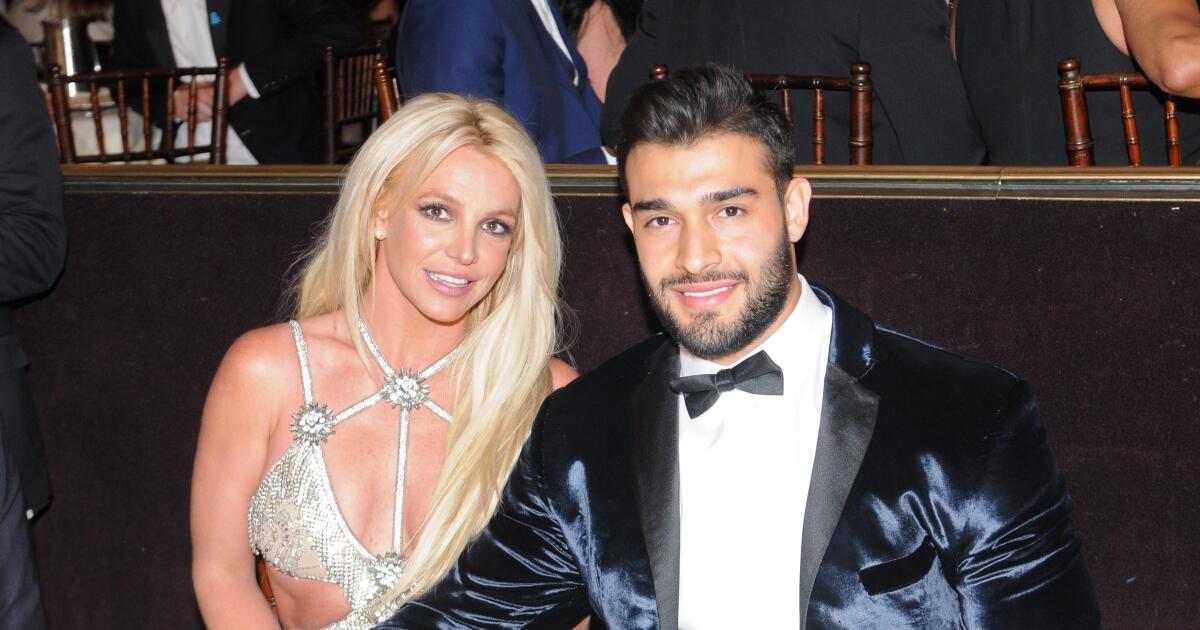Warner Music Group said Wednesday it has reached a settlement with artificial intelligence startup Udio, ending a legal battle over concerns that copyrighted music was being used to train artificial intelligence models.
Under an agreement, Udio will launch a platform next year using artificial intelligence models trained on authorized and licensed music, the New York-based companies said. The music could include content from WMG's publishing businesses, providing new revenue for artists and songwriters who choose to participate, the companies added.
Udio declined to say which artists would participate on its new platform and WMG did not respond to a request for comment. WMG's roster of artists includes Ed Sheeran, Fleetwood Mac and Madonna.
The startup's current platform allows users to write text messages and create songs using AI. The new version, expected to launch next year, will allow users to create remixes, covers and new songs using the voices of artists and the compositions of songwriters who choose to participate, and those artists and writers will be credited and paid, the companies said.
“This collaboration aligns with our broader efforts to responsibly unlock the potential of AI, driving new creative and commercial possibilities as we continue to deliver innovative fan experiences,” Robert Kyncl, CEO of WMG, said in a statement.
WMG, Universal Music Group (UMG), Sony Music Entertainment and other music companies sued Udio last year. In the lawsuit, Udio was accused of using hits like the Temptations' “My Girl” to create a similar tune called “Sunshine Melody.” UMG owns the copyright to “My Girl.”
Udio said millions of people have used Udio since its launch in 2024, but did not specifically break down how many downloads or website users it has.
UMG reached an agreement with Udio last month. Udio declined to disclose the terms of the deal with UMG. The technology company also did not offer financial details about its platform's collaboration with WMG, nor which artists would be involved.
“The collaboration with WMG marks an important milestone in our mission to redefine how AI and the music industry evolve together,” said Andrew Sanchez, co-founder and CEO of Udio, in a statement. “This partnership is a crucial step toward realizing a future where technology amplifies creativity and opens up new opportunities for artists and songwriters.”
The advancement of artificial intelligence in the arts has caused a range of emotions in the entertainment industry, from fear of job displacement to excitement about new ways to test bold ideas in music videos and musical experimentation on smaller budgets.
After the deal between UMG and Udio was announced, Jordan Bromley, a board member of the nonprofit Music Artists Coalition and leader of Manatt Entertainment, said he was “cautiously optimistic but insistent on the details.”
Musical Artists Coalition executive director Ron Gubitz said the announcements about the deals “lack critical details that songwriters and performers deserve.”
“The question remains whether these agreements will deliver the most important things artists deserve: consent, clarity and compensation,” Gubitz said in a statement.

